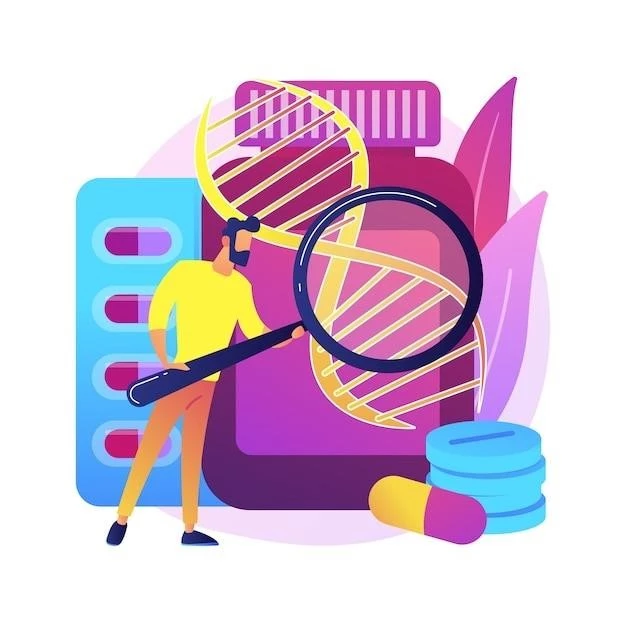Symptoms of Chudley-Lowry-Hoar Syndrome
Common symptoms
Common symptoms of Chudley-Lowry-Hoar Syndrome may include intellectual disability, short stature, distinctive facial features, skeletal abnormalities, hearing loss, and delayed speech development.
Genetic mutation
Chudley-Lowry-Hoar Syndrome is caused by mutations in the ARCN1 gene which plays a role in cellular trafficking. These mutations disrupt protein transport within cells, leading to the characteristic features of the syndrome.
Management approaches
Management approaches for Chudley-Lowry-Hoar Syndrome focus on addressing individual symptoms through a multidisciplinary approach involving specialists such as geneticists, neurologists, and physical therapists. Therapies may include speech therapy, physical therapy, and educational interventions tailored to the individual’s needs.

Autosomal recessive inheritance
Chudley-Lowry-Hoar Syndrome follows an autosomal recessive inheritance pattern, meaning that individuals must inherit two copies of the mutated gene (one from each parent) to manifest the syndrome. Carriers of one mutated gene copy typically do not show symptoms.
Diagnostic methods
Diagnosis of Chudley-Lowry-Hoar Syndrome involves genetic testing to identify mutations in the ARCN1 gene. Physical exams٫ imaging tests٫ and developmental assessments are also conducted to evaluate the characteristic features associated with the syndrome٫ aiding in an accurate diagnosis.
Long-term care
Long-term care for individuals with Chudley-Lowry-Hoar Syndrome involves ongoing monitoring of symptoms, regular follow-up visits with healthcare providers, and coordination of various therapies to optimize quality of life and functional abilities. Family support and access to community resources are vital for comprehensive long-term care.
Current studies
Ongoing research on Chudley-Lowry-Hoar Syndrome focuses on further understanding the molecular mechanisms underlying the condition, exploring potential targeted therapies, and improving diagnostic techniques. Collaborative efforts aim to enhance outcomes and quality of life for individuals affected by this rare genetic disorder.
Supportive organizations
Supportive organizations for Chudley-Lowry-Hoar Syndrome offer resources, advocacy, and community for affected individuals and their families. These organizations provide information, support groups, and connections to specialists to help navigate the challenges associated with the syndrome.
